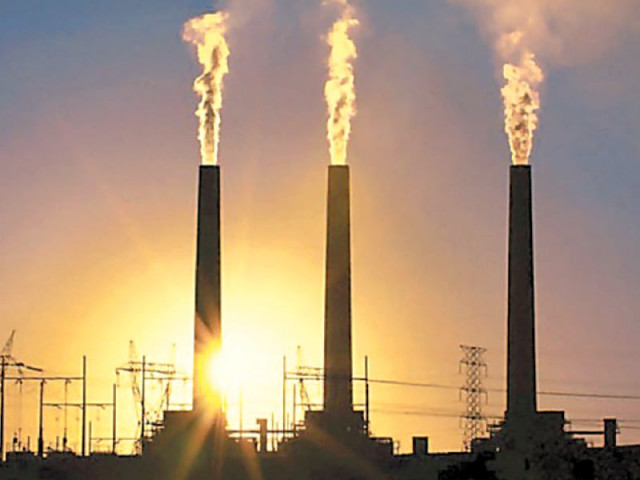
The predicament underscores a rot in India's power sector after years of rising debts, fuel supply shortages, corruption, red tape and tariffs kept artificially low by populist politics.
In the sweltering summer heat last year, the country suffered a mass blackout, affecting an area where 670 million people live.
Such problems have hobbled Prime Minister Manmohan Singh's
efforts to fix India's chronic power shortages, which are a drain on economic growth - now at its lowest rate in a decade - and sap the competitiveness of its businesses.
In an interview at his office, Gopal Saxena, the chief executive officer of the company in debt said:
"Unfortunately we have not had a cost-reflective tariff from the regulatory commission, which has imposed severe burdens on us."
Bound to supply electricity round-the-clock, Saxena says:
"I have to supply power 24/7. I don't have the money to pay. Now if I do not pay, somebody is going to cut off the power, or somebody has to pay the cost."
Reliance Infrastructure, whose chairman is billionaire Anil Ambani, took over BSES Rajdhani Power Ltd (BRPL) in 2002 in a joint venture with the Delhi state government. It was a rare foray by a private company into the power distribution business, which is mostly controlled by India's 28 states.
BRPL officials say they have helped improve electricity supplies in Delhi since the distribution business was privatised there, but at a big cost to their company.
The tariffs they are permitted to charge by a state electricity regulator have risen nearly 70 per cent since 2002, but the cost of buying electricity from generation companies and supplying it has shot up by more than 300 percent, Saxena said.
As a result, BRPL now owes $770 million in late payments to more than a dozen power utilities. Two of these, Pragati Power Corporation Limited (PPCL) and Indraprastha Power Generation Company Limited (IPGCL), have threatened BRPL with an ultimatum to either pay up or lose the power, Saxena said. Ironically, both the generators are run by the Delhi state government.
The threat means BRPL might be forced to cut power supplies by 25-30 percent for a period of four hours at peak times.
A spokesman for IPGCL could not be reached for comment. The
general manager for finance at both companies declined to comment, as did a company secretary for PPCL.
Staying Alive
Many Indians see cheap or free power as a right, not a privilege, and raising tariffs is especially difficult as the country gears up for a general election due by May.
Delhi, which separately goes to the polls in a state election in November, witnessed street protests against tariff hikes in March that
were led by a prominent anti-corruption activist.
BRPL is by no means the only distribution company to be hobbled by tariff regulation. Singh's government has attempted to fix the financial health of such firms with a $32 billion federal bailout package that came with strict riders. But, as a private player, BRPL is not eligible for a slice of the rescue package.
The inability to pass on the rising costs of power generation has also hit utilities, including Adani Power Ltd and Tata Power Company Ltd, both of which posted losses in the first quarter of the current fiscal year.
"Our profitability certainly has been impaired, but more important is for us to stay alive," Saxena said.

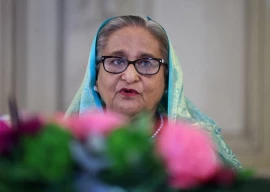




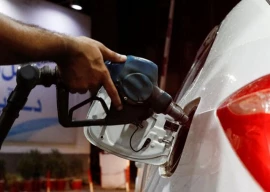
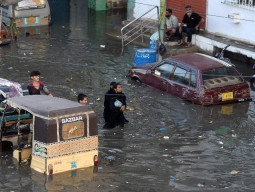
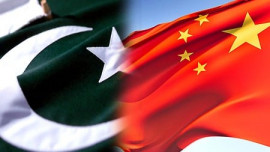
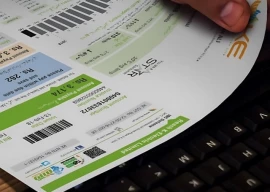

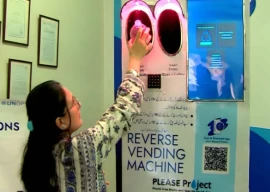






COMMENTS
Comments are moderated and generally will be posted if they are on-topic and not abusive.
For more information, please see our Comments FAQ